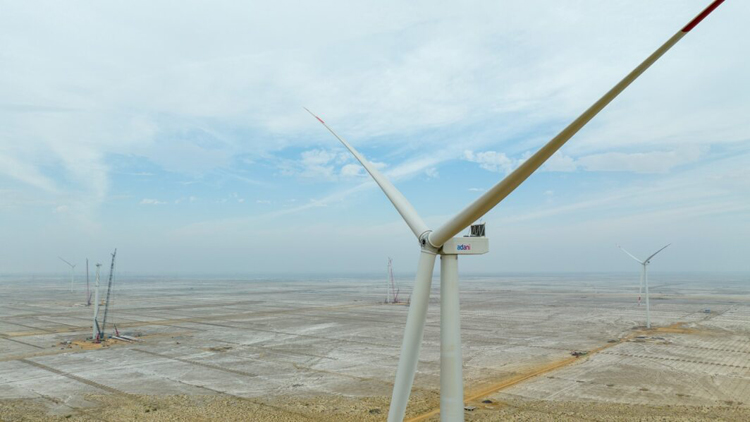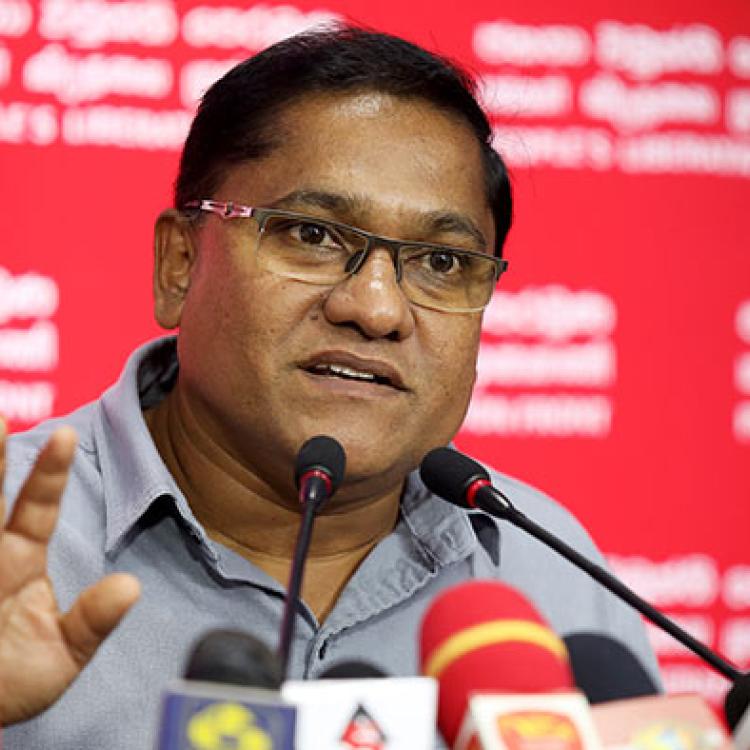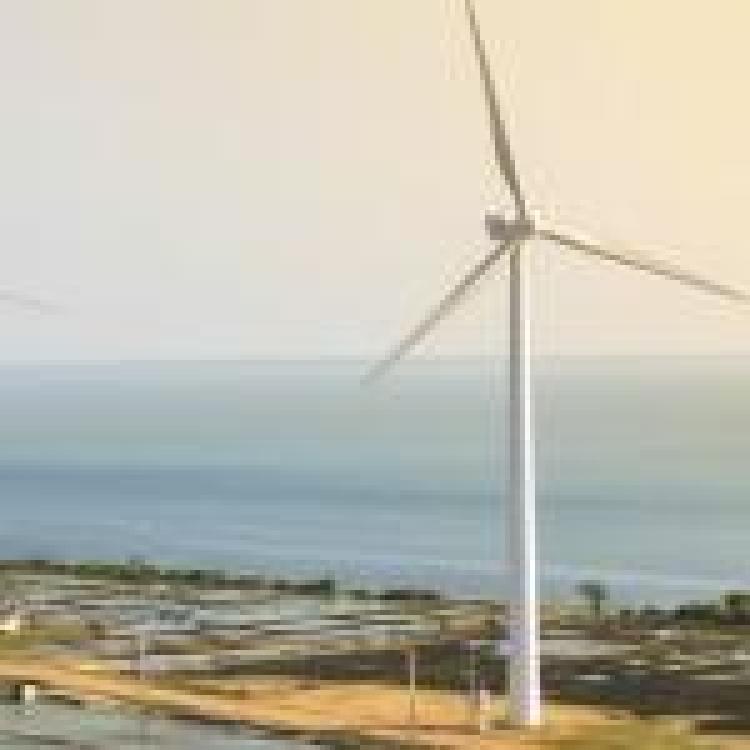
Sri Lanka's newly elected government has announced plans to reconsider a wind power project in Mannar previously approved for India's Adani Group.
This was revealed during a Supreme Court hearing on Monday, following a Cabinet meeting on October 7. The review comes as part of a broader reassessment of decisions made by the previous administration.
Prior to his victory in the September 21 presidential election, Anura Kumara Dissanayake had vowed to revoke the project, which his National People's Power (NPP) alliance saw as a potential threat to Sri Lanka's energy sector “sovereignty”. The project in question involves a US$440 million investment by the Adani Group to generate 484 megawatts of wind energy in Mannar and Pooneryn. However, when Cabinet spokesperson Vijitha Herath was asked about the project last week, he indicated that no formal plans to cancel it had been drawn up at the time.
During the hearing, Sri Lanka’s Attorney General informed the five-member Supreme Court bench that the interim Cabinet is now reviewing key aspects of the project, particularly the segment planned for Mannar. The Cabinet is expected to revisit the matter again on November 7, 2024, with a final decision likely after the parliamentary elections scheduled for November 14, 2024.
The project has faced legal challenges from several groups, including the Centre for Environmental Justice, which raised concerns over the potential environmental impact of the wind farm. Petitioners argued that the proposed development could threaten local biodiversity and disrupt bird migration patterns. In light of the government's recent changes, the Supreme Court has granted the petitioners permission to amend their filings and has asked the government to submit any further observations by January 31, 2025.
For decades, Dissanayake’s Janatha Vimukthi Peramuna (JVP) had staunchly opposed Indian intervention on the island, but has sought to build closer ties once he took office last month.
A final decision on the Adani wind power project will be made after the appointment of a new Cabinet following the 2024 general elections.



